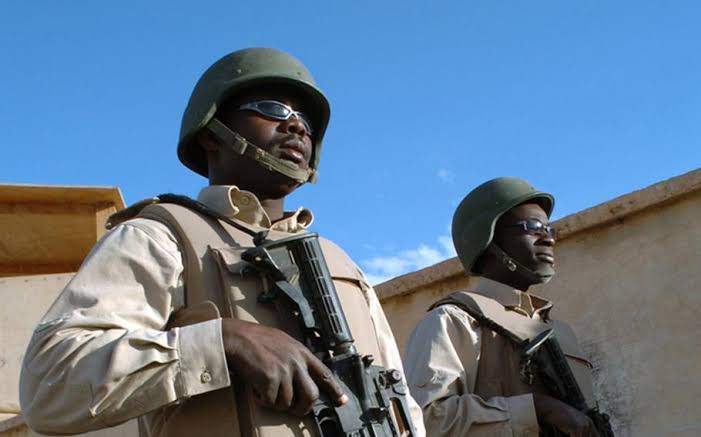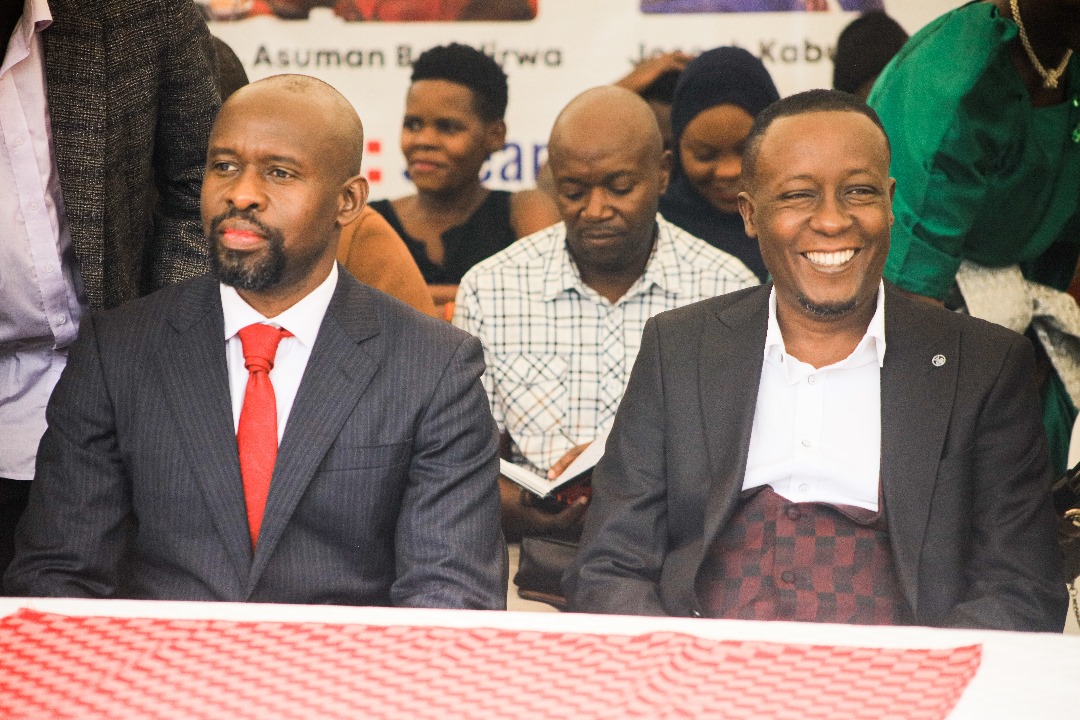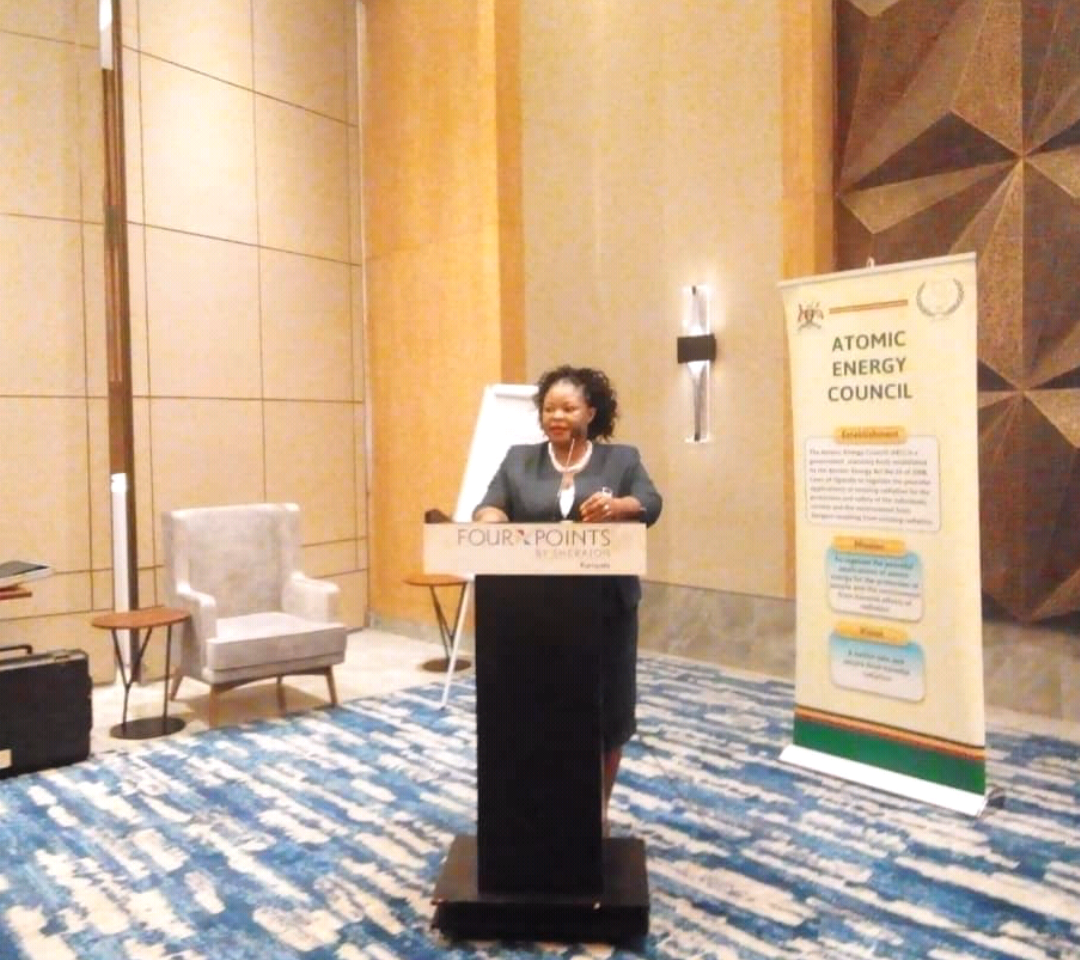In an intricate tale, a multitude of Ugandans, who once stood guard over U.S. government buildings in the war-ravaged landscapes of Iraq and Afghanistan, are now embarking on a journey to sue their former employers.
Their grievances, rooted in allegations of unpaid wages and neglected medical bills, paint a poignant picture of sacrifice and abandonment.
These Ugandan guardians, instrumental in fortifying American institutions and military bases from 2005 to 2022, find themselves at odds with private security giants – Explosives Ordnance Disposal Technology (EODT), Special Operations Consulting (SOC), and Constellis.
Recruited by these entities under contracts sanctioned by the U.S. Department of Defense (DoD), the guards played a pivotal role in addressing the escalating security concerns post the toppling of Saddam Hussein and the ensuing battle against the Taliban.
As the veil is lifted on their plight, the Ugandan government throws its weight behind the former security guards, approving their pursuit of restitution.
Jim Muhwezi, Uganda’s Security Minister, asserts, “Whoever is responsible will need to come clean.” The Special Returnees Association (SRA), a collective representing over 130,000 members, contemplates a sweeping “mass legal action” to secure not only financial compensation but also to address the mounting medical costs of those scarred by the war.
A profound silence emanates from the accused private security firms – EODT, SOC, and Constellis – as they remain unresponsive to emails and calls seeking comment on the grave allegations and the looming prospect of legal action.
The U.S. Mission in Uganda and the Pentagon, in turn, deflect inquiries, leaving the victims in an agonizing state of uncertainty.
The intricacies of the SRA’s claims reveal a disturbing pattern. Guards, promised annual pay grades ranging from $59,000 to $80,000, allege coercion into signing contracts at their duty stations, contracts offering meager benefits in stark contrast to the initial promises.
Shockingly, documented evidence presented to the Ugandan government reveals that six Ugandans lost their lives in the line of duty, with an additional 48 succumbing to injuries sustained in the unforgiving war zones.
The resonance of this narrative extends beyond Uganda, encompassing personnel recruited from Kenya, Namibia, Mozambique, Burundi, and various West African countries.
The SRA contends that these security companies systematically reneged on contractual promises, plunging many into extreme poverty and mental anguish.
The impending legal battles, poised to unfold in U.S. courts, evoke memories of past cases where American attorney Tara Coughlin represented Ugandan ex-contractors wounded in Iraq between 2005 and 2010.
The outcomes of these cases, ranging from settlements between $2,500 and $100,000 to outright denials, cast a veil of uncertainty over the potential success of the impending litigation.
Beyond the legal quagmire, this narrative serves as a poignant reminder of the broader challenges faced by Africans seeking employment abroad under precarious circumstances.
The experiences of these veterans shine a spotlight on the risks undertaken in pursuit of well-paid work, even amidst the perils of a war zone, unraveling a tapestry of sacrifice, exploitation, and the relentless pursuit of justice.
Do you have a story in your community or an opinion to share with us: Email us at Submit an Article








